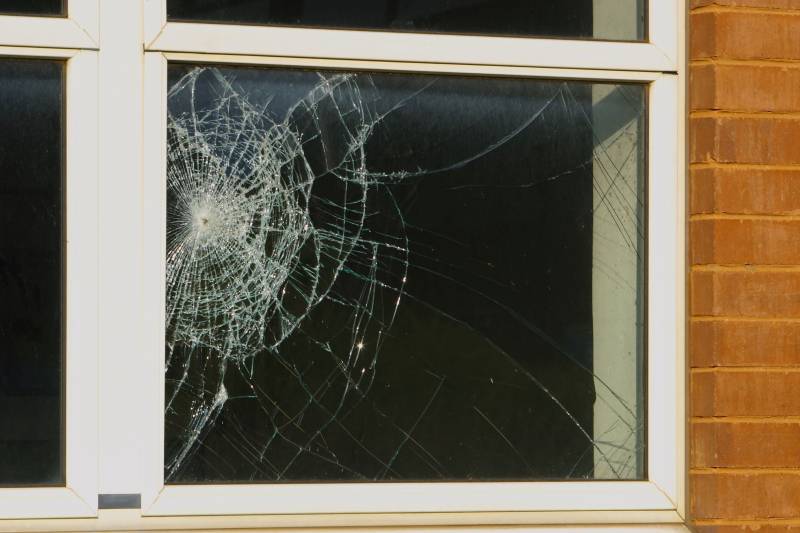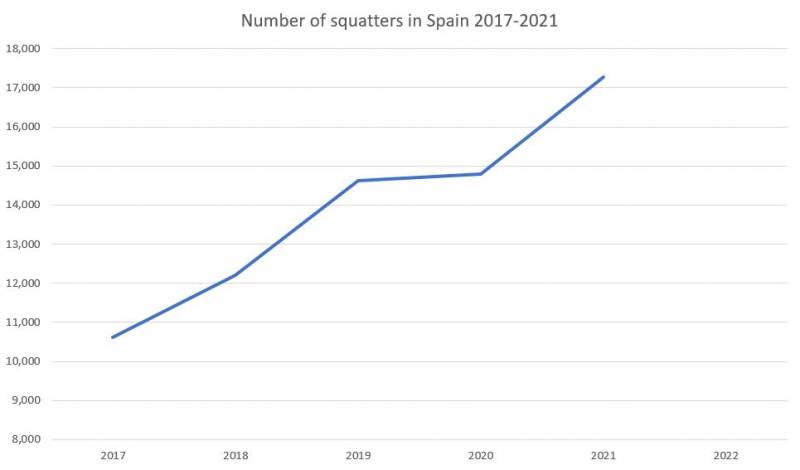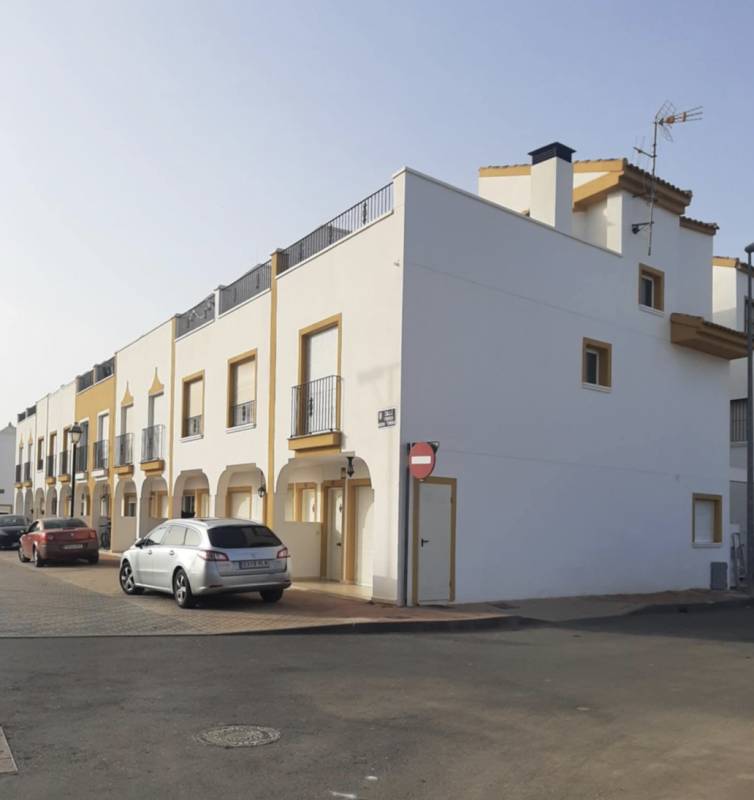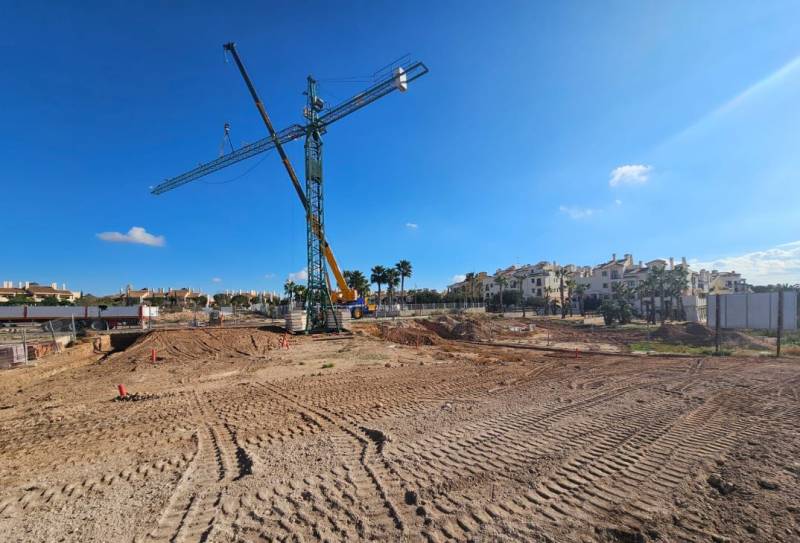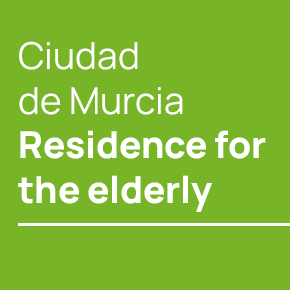Date Published: 01/06/2022
ARCHIVED - The number of homes being squatted in Murcia increased by 60.6 per cent in 2021
ARCHIVED ARTICLE Squatter numbers in Spain are on the rise, and Murcia is the region with the third largest increase
In the
Region of Murcia in 2021, there were a total of 628 homes squatted, 60.6% more than the previous year, according to statistics from the Ministry of the Interior.
Between January and April 2022, the Region recorded 225 cases, compared to 211 in the same period of 2021, which represents an increase of 6.6%.
How many squatters are there in Spain?
The increase recorded in Murcia contrasts with the decrease in the number of squatters, or ‘okupas’ as they are known in Spain, in most regions, with the exception of Aragón (+1.1%); Extremadura (+3.1%); Castilla-La Mancha (+9.5%); and the
Valencian Community (+25.2%).
In Spain as a whole, Catalonia continues to lead in the number of squatters, accounting for 42.5% of the 17,274 cases registered in 2021, a year that set a record by closing with a 16.78% increase on 2020.
The 7,345 ‘okupas’ in Catalonia almost triple the figure for
Andalucía, the second autonomous community with the most cases, with 2,557. The regions with the next worst figures for 2021 are the Valencia Region (1,779) and the Community of Madrid (1,660).
In 2017, Catalonia accounted for 4,123 incidents, 38.8 percent of the country's total. Thus, compared to the 7,345 'squats' in 2021 (of which 5,483 cases are in the province of Barcelona), the increase in these four years is 78.15 percent.
In Spain as a whole, the number of squatters has been on an upward trend since 2017, when the Security Forces and Corps registered 10,619 incidents. Cases of squatters in Spain rose to 12,214 in 2018; 14,621 in 2019 and 14,792 in 2020.
New squatting laws in September 2020
In September 2020, after a summer of alarming reports of squatting, the Attorney General’s Office and the Ministry of the Interior in Spain issued instructions to deal with both home invasions and squatting to streamline precautionary measures and facilitate eviction when the crime of trespassing is committed.
The idea was to allow for immediate eviction and arrest without the need to request judicial measures in the event of a flagrant offence, but it’s still incredibly hard for police and law enforcement to evict squatters in Spain after the first 48 hours of them occupying the property.
That’s why squatting prevention companies are so popular, especially for those who have second homes in Spain that they don’t live in all year round and which are easy targets for squatters.
article_detail

|







